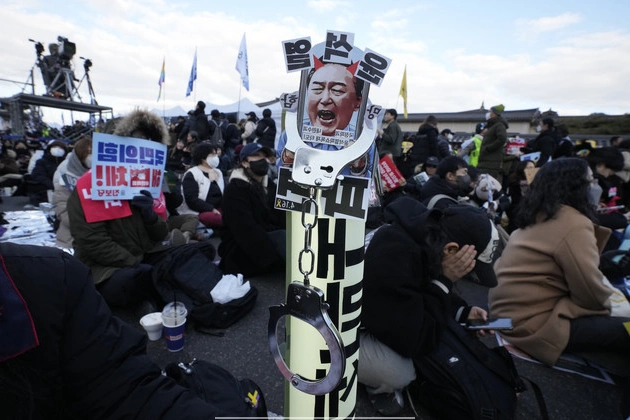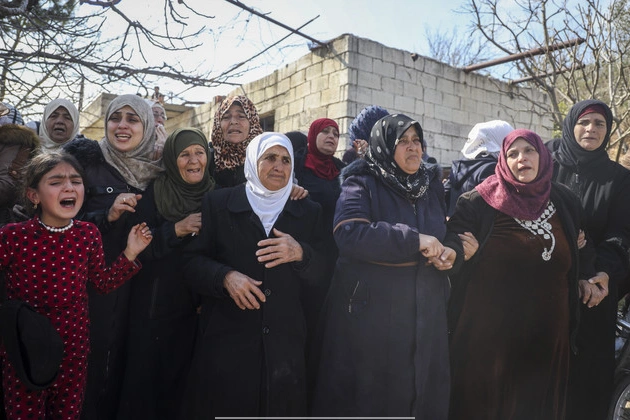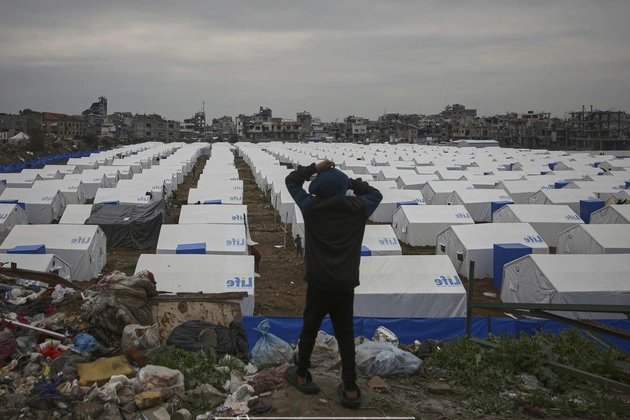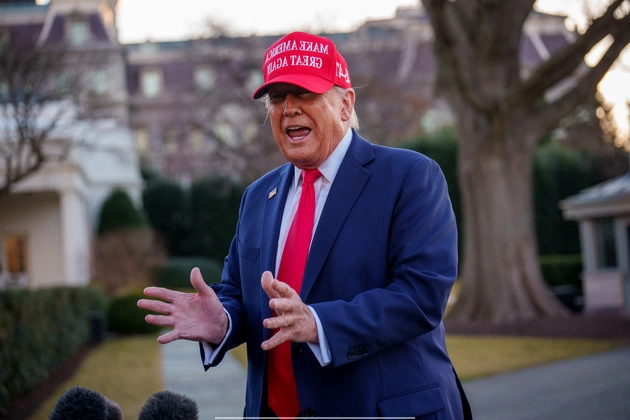
Impeached South Korean president indicted for rebellion
Impeached President Yoon Suk Yeol of South Korea is facing serious legal troubles as he has been indicted for rebellion in connection with his imposition of martial law. This criminal charge carries severe consequences, including the possibility of the death penalty or life imprisonment if he is convicted.
Legal and Political Turmoil
The indictment marks the latest setback for Yoon, who was impeached and arrested following his controversial martial law decree on December 3. This move threw the country into significant political turmoil, impacting not just domestic politics but also financial markets and international perceptions of South Korea.
According to reports from South Korean media outlets like Yonhap news agency, the Seoul Central District Prosecutors’ Office has formally charged Yoon with rebellion. However, attempts to reach the prosecutors’ office and Yoon’s legal team for comment have been unsuccessful.
Yoon, known for his conservative stance, has consistently maintained his innocence, portraying his declaration of martial law as a necessary measure to address what he perceived as obstruction from the liberal-controlled National Assembly. He accused the assembly of impeding his policy agenda and removing key officials through impeachment.
During the announcement of martial law, Yoon criticized the assembly as “a den of criminals” and pledged to root out individuals he deemed as “shameless North Korea followers and anti-state forces.” Despite deploying troops and police to the assembly, lawmakers managed to convene and unanimously reject Yoon’s decree, compelling his Cabinet to rescind it.
Historical Context
The imposition of martial law on December 3 was a significant event, marking the first time such measures had been taken in South Korea in over 40 years. While the martial law lasted only six hours, it stirred memories of past authoritarian regimes in the country, particularly during the 1960s-80s when martial law and emergency decrees were used to suppress dissent.
Under South Korea’s constitution, the president has the authority to declare martial law in times of war or comparable emergencies to maintain order. However, many observers have questioned the necessity of Yoon’s actions, arguing that the country was not facing conditions warranting martial law.
Public Division and Investigations
The investigations into Yoon’s conduct have deepened existing divisions within South Korean society, with supporters and protesters staging frequent demonstrations in Seoul. Following a court’s approval of an arrest warrant to extend Yoon’s detention, his supporters engaged in violent protests, resulting in injuries to police officers and property damage.
Yoon’s resistance to investigative efforts and subsequent arrest have further fueled tensions in the country, highlighting the polarized opinions surrounding his presidency.
Conclusion
The indictment of President Yoon Suk Yeol for rebellion underscores the complex legal and political challenges facing South Korea. As the country navigates these turbulent times, the implications of Yoon’s actions and the responses to them will continue to shape its future trajectory.















